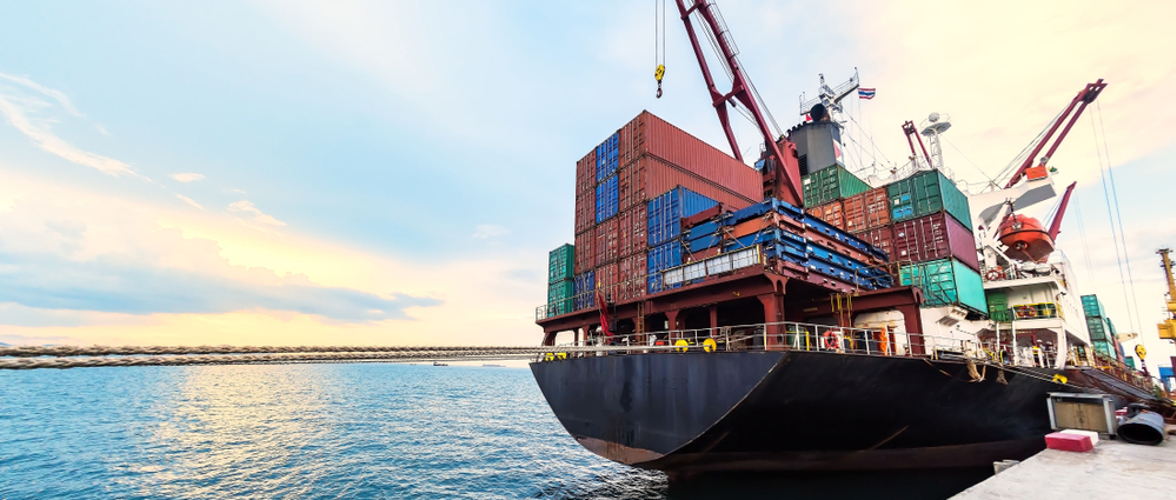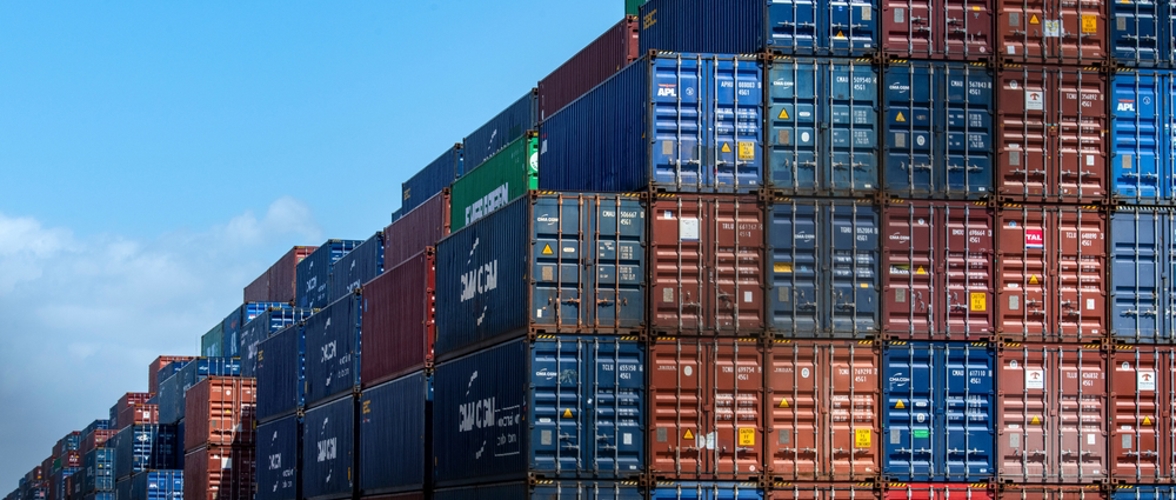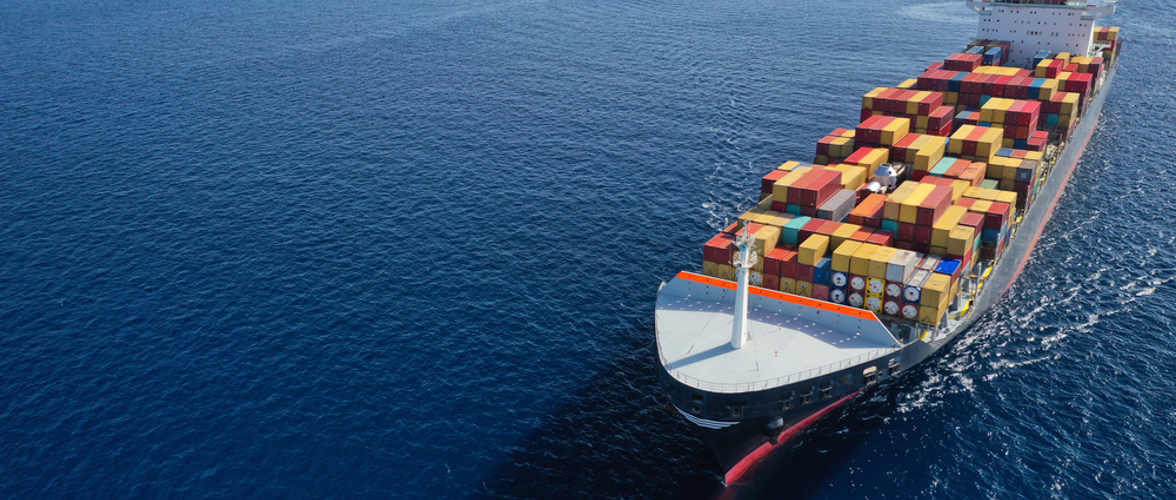Key Takeaways
- In 2024, global political shifts could significantly impact Australia's trade agenda. Election outcomes in key trading partners can reshape Australia's export future.
- Election outcomes in Australian mineral consumers can impact Australia's mining sector. Changes to these countries' energy policies are likely to alter product demand.
- Global political changes can impact Australia's agriculture and manufacturing sectors. The potential election of protectionist governments can significantly alter external demand.
2024 is the year of elections. During the year, over 49% of the global population is set to head to the polls, representing the largest-ever voter total. Across 64 countries globally (plus the European Union), elections are set to occur, each carrying the potential to influence global trading patterns. The transition of administration in various countries can lead to substantial shifts in trade policies and judgments.
In Australia, the various upcoming elections could greatly impact the success of our local industries. Results from countries like the US, India, South Korea and Indonesia are all expected within the year.

Election impact on trade policies
United States
The US is undeniably one of Australia’s most important economic and strategic partners. Despite the US only making up 3.22% of Australia’s exports, the country provides vigorous support for some of our key industries.
The US is the second-largest importer of Australian agricultural and manufacturing products, making them a vital driver of the Australian economy. The nation has also been the largest foreign investor in the Australian economy for a long time. Consequently, the outcome of the US election significantly impacts Australian industries.
In Australia, the primary concern for businesses is not President Biden’s re-election, as current policies are expected to continue. The real risk lies in the possibility of former President Trump winning the election again.
If Trump is re-elected, Australian trade could face significant impacts, similar to when he withdrew the US from the Trans-Pacific Partnership (TPP). Adopting a comparable strategy could disrupt trade with Australia and other countries. Trump’s ‘America First’ policy may lead to increased protectionism through tariffs and trade restrictions. Despite challenges, a Trump administration could open up new trading opportunities for Australia if the US exits certain global markets.

Indonesia
The Indonesian economy is particularly important to Australian exports, given its proximity and growth potential. The country represents Australia’s fourth-largest export partner.
The trade policies put forth by the incoming government could directly influence Australian exports to Indonesia. President-elect Prabowo Subianto has indicated that he will maintain the current foreign policy and keep good relations with trade partners like Australia.
However, policies fluctuating between trade promotion and protectionism might occur. These policies often require the processing of resources in Indonesia rather than just extracting and exporting directly. This could impact Australian exporters who supply raw materials.
Moreover, Indonesia is anticipated to join the ranks of the five largest global economies by 2040; this could potentially elevate Australian exports as the market expands. Yet, this trajectory might face challenges if the Indonesian government steers towards a more protectionist economic policy.
India
Australia and India share a strong economic bond, with Australian exports to the country touching just over $31 billion in 2022, representing its fourth-largest export market. Mutual investments and cooperation across various sectors, like mining and agri-business, contribute to their economic progress.
India’s election is unlikely to make waves in its foreign policy, as a majority of commentators forecast a large win for the sitting prime minister Narendra Modi. Both India and Modi view Australia as a crucial strategic ally and aim to make use of the new Australia-India Economic Cooperation and Trade Agreement (ECTA). This agreement encompasses a variety of economic indicators, including trade and the economy.
The two countries are keen to deepen cooperation on issues of shared regional and global concerns, defence, security and multilateral engagement. India also plans to capitalise on Australia’s liberal Foreign Direct Investment (FDI) regulations to create fresh opportunities for its businesses.
South Korea
South Korea will also hold an election for Kukhoe (South Korean National Assembly). The country plays a crucial role as a trade partner for Australia, with its significance continually growing in terms of Australian export volumes.
Currently, South Korea stands as Australia’s third largest export partner, accounting for 9.66% of all exports. Notably, South Korea ranks as the third largest foreign buyer of Australian mineral products, showcasing a substantial uptick in recent years.
Yet, the political landscape is marked by a deepening polarisation, particularly concerning foreign policy. The ruling People Power Party (PPP), led by President Yoon Suk-yeol, advocates for closer ties with the US and Japan. Conversely, the current controlling party, the Democratic Party, promotes a balanced approach, fostering partnerships with China. Both parties have a similar stance on Australia, prioritising trade relations in recent times.
What industries will be most impacted by the year of elections?
Mining
When looking at the consequences of an election on Australian mining industries, it is extremely important to take into account the impact of shifting climate policies. Factoring in decarbonisation is key to understanding Australian mining demand.
South Korea, India and Taiwan are the third, fourth and fifth largest importers of Australian mining products, respectively. Among these, coal holds significant value, being the top import for India and Taiwan and the second for South Korea.
For India, Coal Briquettes make up 85.6% of all Australian imports at $27 billion. This has proved advantageous for Australia under Prime Minister Modi, aiding grid stability, industrial supply and energy security.
On the other hand, South Korea imports $11.5 billion worth of coal, a considerable figure. Unlike India, South Korea is contemplating major coal reforms pending election outcomes. Each of the major political parties has outlined different strategies concerning coal usage. The Democratic Party of Korea (DPK) is committed to ending the use of coal-powered plants by 2040 to lower greenhouse gas emissions. While the PPP and the Green and Justice Party (GJP) have not explicitly addressed coal, their strong emphasis on renewable energy suggests a move away from coal reliance.
The US is a different story. Despite buying Australian coal, a greater point of concern is demand for Australian metals and critical minerals. Australia is viewed by the US as a crucial partner in mining critical minerals vital for renewable energy and advanced technology devices, reducing reliance on China.
The Biden administration is actively seeking ways to secure a steady supply of critical minerals to support a green energy transition. Following a pact between the US and Australia in May 2023, cooperation on environmental issues, renewable energy technology and critical mineral chains is in progress to promote sustainable clean energy and essential mineral supply chains.
Yet, Donald Trump poses a threat to further advancement in the Australia-US critical minerals trade. Trump's plan has included cutting programmes and personnel focused on climate protection, a large driver of critical minerals demand. Nevertheless, diversifying critical mineral supply from China remains a challenge that Trump is unlikely to overcome.
Strategies for success
- Diversification: Although coal has long been a key player in Australia's mining exports, changing climate policies call for diversification. Companies should consider expanding into emerging markets for minerals vital to renewable energy and advanced technology, like lithium, nickel and cobalt. This move reduces risks tied to declining coal demand and positions Australia to benefit from the rising global demand for clean energy technologies.
- Keep on top of market trends: It is crucial to monitor political changes and market trends proactively. Companies can adjust their strategies by keeping an eye on policy shifts and potential demand changes. For example, if there are signs of reduced coal demand due to environmental concerns or policy changes, companies should promptly explore new markets or modify their product offerings to match emerging demands, like renewable energy infrastructure or electric vehicle production.
- Strengthen partnerships: Establishing and nurturing robust partnerships with local and international stakeholders is essential to uphold Australia's status as a leading mineral supplier. Collaborating with government bodies, industry groups and research institutions can assist companies in navigating regulatory hurdles, securing funding for research and development and advocating for favourable policies. Additionally, fostering ties with key trading partners like the US, India and South Korea can ensure steady demand for Australian minerals and promote enduring trade relationships. This might involve actively participating in advocacy initiatives, either independently or through industry bodies like the Minerals Council of Australia, to push for policies that back the mining sector's growth and sustainability objectives.

Agriculture
As the global population continues to grow, agriculture is set to gain increasing significance. The population of different countries and their ability to partake in agriculture play a large role in deciding overall demand.
The US continues to demand vast amounts of Australian agricultural goods, representing Australia's third-largest agricultural export destination. Trump has been known to scrutinise trade agreements involving agriculture with key US trading partners. His trade dispute with China, a major importer of commodities like soybeans, dairy and pork, has been a point of contention among rural voters, resulting in lost crop sales worth billions of dollars. Despite this, Trump has expressed intent to maintain a tariff strategy if re-elected. In contrast, Biden criticises Trump’s tariff actions as harmful and advocates for a more collaborative approach to global trade.
Indonesia, home to 270 million people, has an immense food demand that is met through local farming and imports. However, shifting leadership could alter the sources of this supply. The country currently receives 6.6% of Australian agricultural exports. Before taking office, Prabowo Subianto hinted at policies that might change Indonesia's import landscape, favouring a more protectionist stance.
As a major proponent for more government involvement in the economy and a critic of free-market economics, Prabowo would likely promote a more protectionist approach. His vision includes reducing food imports, which he emphasised during his time as the head of the farmers’ association. If he acts on his plans, local production of staples like rice, wheat, sugar, beef and soybeans could rise.
Moreover, his promise to provide free school meals and milk would boost domestic dairy output, currently covering only 20% of Indonesia’s milk consumption. Farmers have insisted that dairy cow imports must be increased, implying increased government assistance in covering these costs. Prabowo’s funding strategy for these initiatives remains undisclosed, but these changes could reshape agricultural imports, potentially favouring local production.
Strategies for success
- Focus on high-demand products: To adapt to changing global demand, Australian agricultural producers should strategically concentrate on sought-after products that align with evolving consumer preferences and market trends. This may involve expanding product offerings to include sustainable or premium options catering to niche markets. Emphasising quality assurance measures like Product Hygiene Indicators and protein quality can boost the appeal and reliability of Australian agricultural exports, fostering lasting partnerships with discerning buyers.
- Value-adding: Instead of solely depending on traditional export markets, agricultural businesses should seek ways to enhance the value of their products and venture into new and emerging markets. This could entail investing in processing facilities to create value-added goods or collaborating with distributors and retailers to enter diverse geographical regions. By broadening their customer base and product portfolios, companies can mitigate risks linked to market saturation or economic downturns in specific regions, ensuring continuous growth and resilience despite market fluctuations.
- Enhance trade agreements: Strengthening trade agreements and advocacy efforts can significantly benefit Australian agricultural firms by facilitating access to key markets and securing favourable trade terms. Engaging with industry organisations and lobbying groups can give agricultural producers a collective voice to effectively convey their priorities and concerns to government policymakers. By actively participating in industry associations like Australian Grape & Wine, businesses can leverage collective bargaining power to influence policy decisions and negotiate trade agreements that optimise benefits for the agricultural sector. This collaborative advocacy approach can help streamline regulatory processes, reduce trade barriers and create a conducive environment for agricultural exports to flourish in global markets.

Manufacturing
Manufacturing is a smaller but vital export of the Australian economy. Unlike mining and agriculture, changes in government have a less significant impact on its trade contribution. Notably, the US imports a substantial amount of manufactured goods compared to other influential nations.
Former President Trump’s protectionist policy is expected to limit trade across various categories, including manufacturing. Trump is anticipated to prioritise US manufacturing industries over foreign imports, which includes Australia.
If re-elected, India’s Modi aims to further free trade expansion, with both South Korean major parties also fronting the line of globalisation. On the other hand, President-elect Prabowo of Indonesia has thrown doubt into the mix. Despite the need for foreign resources, potentially sourced from Australia, Parbowo has expressed reservations about neo-liberalism. This position complicates potential collaborations between the two nations, sparking questions about future economic policies and partnerships.
Strategies for success
- Develop strategic partnerships: Australian manufacturing firms should prioritise forming strategic partnerships with local and international companies to diversify supply chains, mitigate risks and secure vital resources. These partnerships offer access to new technologies, markets and expertise, boosting competitiveness and resilience against economic and political uncertainties. Manufacturers can adeptly navigate policy changes and market fluctuations by cultivating robust relationships, ensuring operational continuity and sustained growth.
- Boost brand recognition: Building and boosting global brand recognition is crucial for Australian manufacturing firms to stand out in competitive international markets. Emphasising top-notch products, sustainable manufacturing practices and strong ESG initiatives enhances reputation and credibility with consumers and business partners. Investment in branding activities and marketing campaigns elevates brand visibility and awareness, nurturing customer loyalty and trust. A strong global brand presence expands market share and safeguards against policy shifts, making overseas operations more sustainable and resilient to geopolitical uncertainties.
- Advocate for beneficial trade agreements: Australian manufacturers should actively participate in advocacy to shape government policies and secure advantageous trade deals with key export markets. Through engagement with policymakers and involvement in industry associations, manufacturers can articulate priorities and challenges, ensuring trade agreements meet industry needs. Collaboration with stakeholders like trade unions and business associations amplifies the industry's collective voice, enhancing the likelihood of favourable trade terms, like reduced tariffs and streamlined regulations. These beneficial trade pacts facilitate ongoing access to export markets, drive market expansion and elevate the global competitiveness of Australian manufacturing.

Final Word
2024 is a momentous year for democracy worldwide, with a record number of elections set to unfold on the global stage. These elections will undoubtedly shape the landscape of international trade, particularly for Australia.
The election results of nations, including the US, South Korea, Indonesia and India, will substantially impact crucial parts of the Australian economy, including mining, agriculture and manufacturing.
Amid all the uncertainty, however, Australia's resilient industries and strong standing as a valued trading partner offer optimism. In this scenario, Australia's key tools will be staying alert and agile, employing effective political strategies and adapting to changes to leverage potential opportunities.









